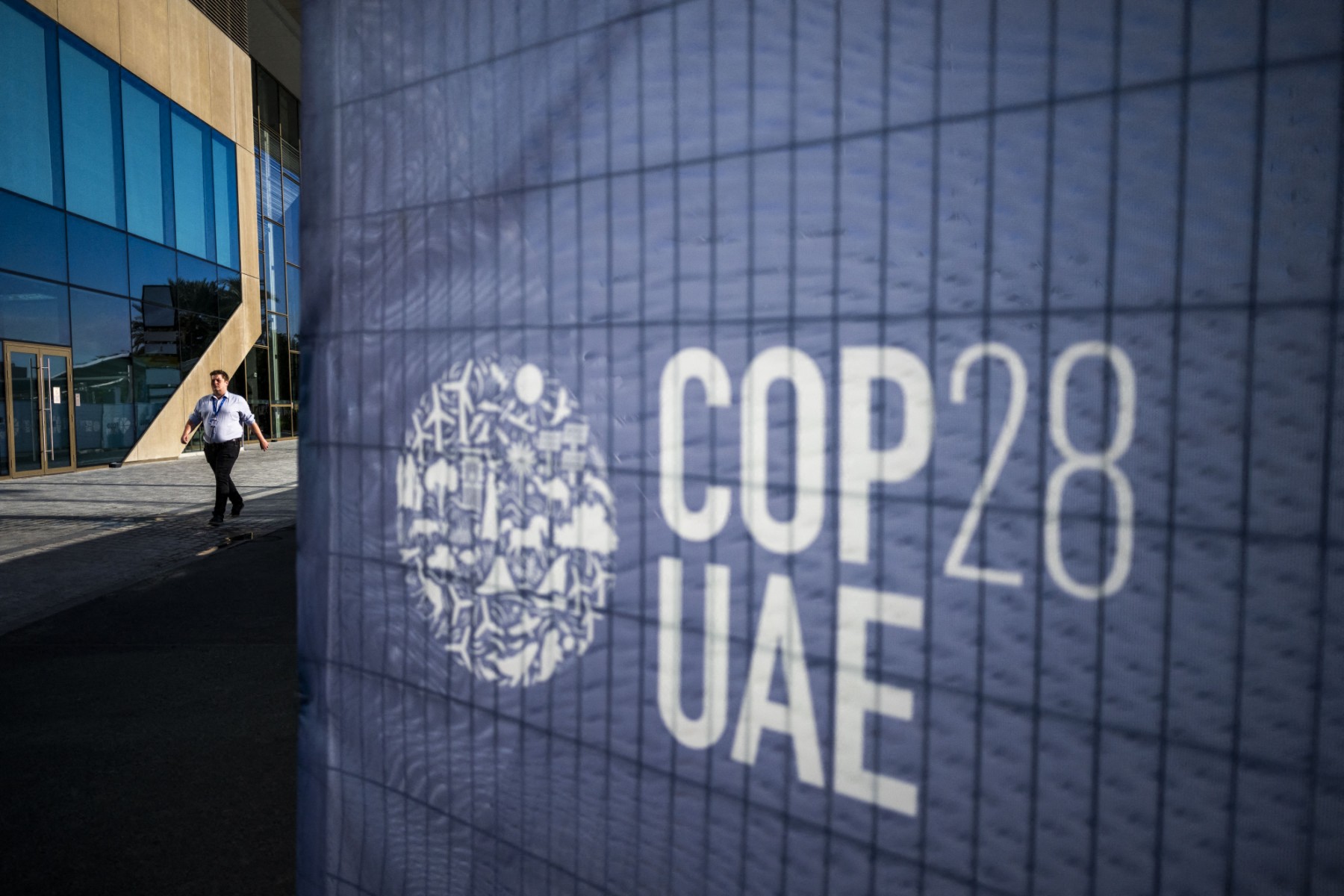Dubai – An innovative agricultural project in the United Arab Emirates, has generated $5.6 million euros from carbon credit sales. The achievement symbolizes a successful blend of economic gain and environmental responsibility, leveraging the latest trend in global climate action initiatives.
Carbon credits are permits that allow a company to emit a certain quantity of greenhouse gases, with one credit equaling the emission of one ton of carbon dioxide or its equivalent in other greenhouse gases. Companies are allocated a specific number of these credits. If they reduce their emissions and have surplus credits, they can sell these to other companies in what is known as carbon markets.
“David & Goliath” farms have capitalized on the UAE’s commitment to innovative and sustainable agricultural technologies.
These include vertical farms, automated irrigation systems, and technologically advanced greenhouses.
The project focuses on cultivating rare and exotic fruits, combining unique agricultural methods with environmental and investment strategies aimed at sustainable agriculture. A key component of their revenue comes from monetizing carbon credits.
According to the project’s investor, Dr. Lal Bhatia, the farm’s annual carbon credit provision amounts to 15,000 metric tons.
These credits are traded at 50 euros ($56) per ton, bringing in an annual revenue of 750,000 euros ($840,000). Accumulated over seven years, this represents a significant financial and environmental achievement.
The “David & Goliath” farms not only focus on the production of exotic fruits using cutting-edge technology but also prioritize sustainable practices that yield carbon credits.
The practice not only reduce carbon emissions but also converts them into a financial asset. The project’s foresight into the future of carbon trading has allowed them to venture into futures contracts, selling future carbon reserves.
The pricing strategy of setting 50 euros per ton of carbon credit is designed to hedge against market fluctuations, with expectations of a price rise to between 70 and 90 euros by 2030 in regulated markets like the European Union.








